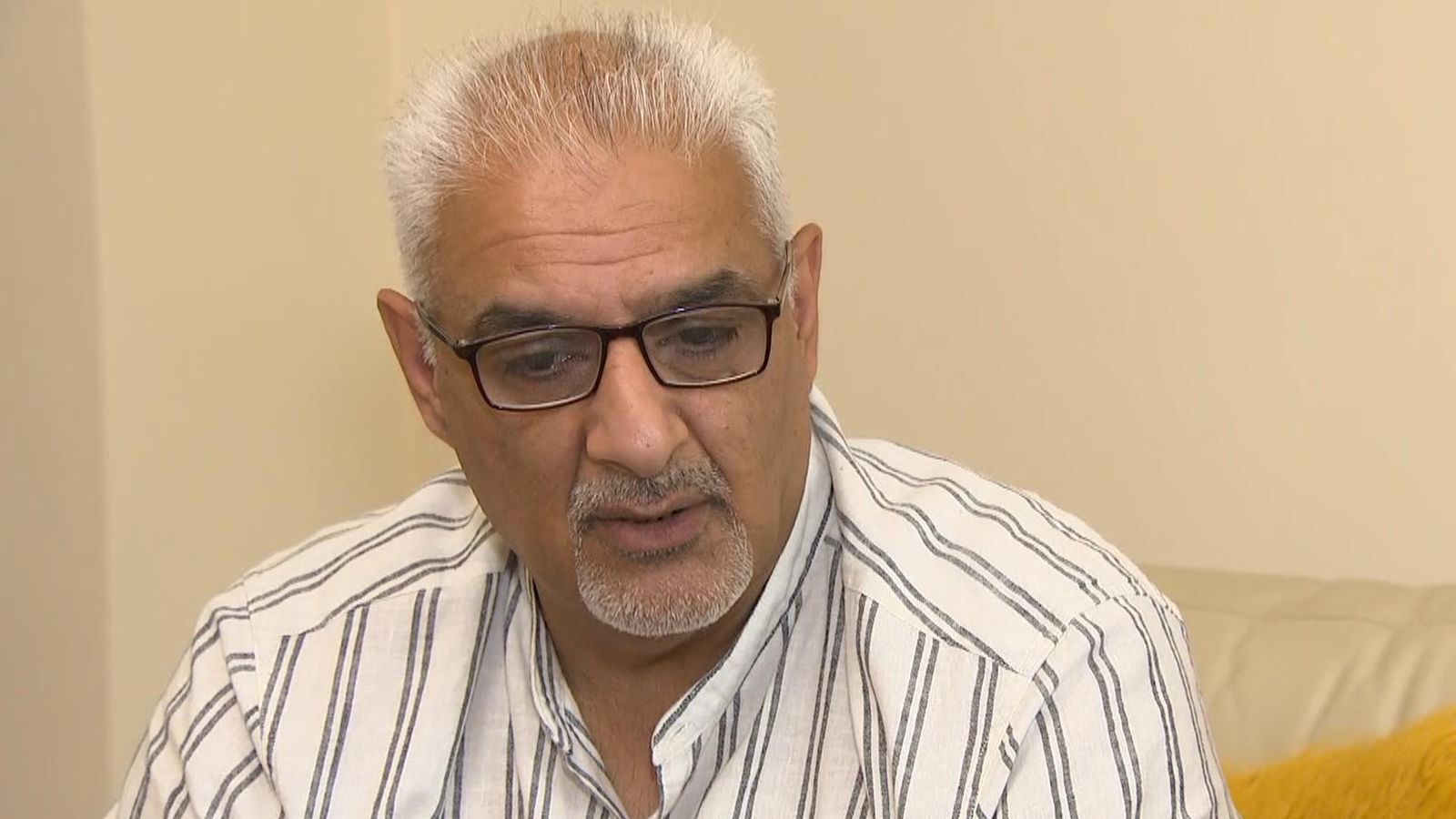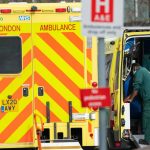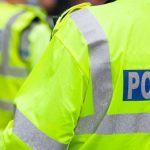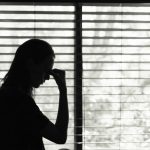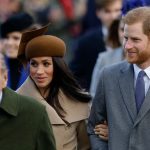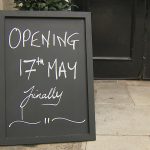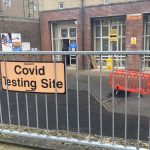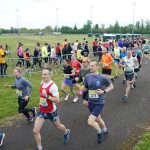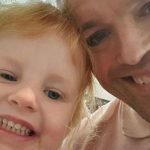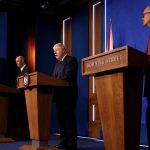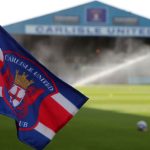A bereaved father who called for calm after his son was killed during the riots that spread across the UK a decade ago says time has not healed his grief.
Tariq Jahan was widely credited with helping to halt the violence after his son Haroon died at the height of the riots in Birmingham.
Haroon, 21, died along with brothers Shazad Ali, 30, and Abdul Musavir, 31. They were hit by a car after joining a crowd who were protecting businesses from looters.
A former adviser to the then prime minister David Cameron has told Sky News that Tariq Jahan’s speech was “pivotal” in preventing an escalation of the violence into race riots.
Hours after his son’s death Mr Jahan addressed crowds and the media who had gathered at the scene.
“Today we stand here to plead with all the youth to remain calm for our communities to stand united,” he said.
“I lost my son. Blacks, Asians, whites, we all live in the same community. Why do we have to kill one another? What started these riots and what’s escalated? Why are we doing this?
“I lost my son. Step forward if you want to lose your sons. Otherwise calm down and go home. Please.”
Reflecting on what he said a decade ago, Mr Jahan says at the time he didn’t realise how significant his speech would be.
“I had no idea the impact it would have. Obviously I was emotional because of the loss of my son. Everything came out from the heart.”
It was only later, after receiving praise from the police and prime minister, that he realised he had played a role in helping to bring an end to the violence.
“I think people were in shock, they were like ‘hold on this guy has just lost his son and all he can say is calm down – and what possible reason can we have for carrying on?’
“It made a huge impact, it stopped people in their tracks,” he says.
He added: “The word proud, no. I’m glad for what I did and if it helped, brilliant.”
Standing alongside him as he made the speech was Derrick Campbell.
At the time he was a leading adviser to the government on violent crime and recalls the situation was so serious that David Cameron had travelled to West Midlands Police’s headquarters for crisis talks.
“We started to see and get intelligence that there were fracture lines developing,” he says.
“This was quickly moving into what could have been an all-out race riot.
“I was in the West Midlands control room with the prime minister, my advisers, the chief constable at the time, Chris Simms. We were dealing with a number of things that were going on, advising the prime minister.
“He had some decisions to make about deployment of police, maybe troops and I was expected to go and address the nation.
“As we were driving from police headquarters to Dudley Road, the site of the incident, we had a discussion and it dawned on us.
“Would Tariq be prepared to talk to the media and to the country? So we called him while we were driving to the scene and he said yes and we were very grateful for that.”
He describes the speech as “a pivotal moment in the disturbances”.
“That speech will go down in history, in my view, as one of the most effective and timely speeches I have ever witnessed.”
Ten years on the grief is still raw for Mr Jahan. The image of his son lying dying in the road will stay with him forever.
“Time doesn’t heal,” he says.
“How can you forget that your son was killed? You witnessed everything, you tried to save him and you watched the life ebb out of your son’s body.
“I won’t forget. I can’t forget.”
He believes his faith helped him react in the way that he did.
“Normally I lose my temper, I get frustrated and I speak out,” he says.
“It was the month of Ramadan at the time, we were fasting and it’s a time to look into yourself and reflect.
“This is something that I am proud of, I can look back on my life and say I did something positive, I did something good.
“Hate won’t get you anywhere but the biggest thing, showing love to everyone in this world, it really does, it unites everyone and I think that’s what happened here.”
